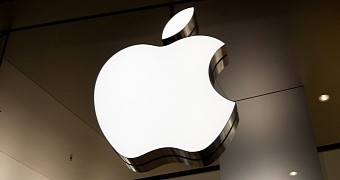Apple’s CEO Tim Cook has recently confirmed what we all knew since mid-October: sales of the new iPhones aren’t as high as anticipated and owners prefer to stick with their current devices rather than upgrade to the latest generation.
While Cook said the main factor for the weakening iPhone demand is the trade war between the United States and China, many believe the high prices of the 2018 iPhones are actually what convinced many potential buyers to hold on to their purchases.
Goldman Sachs says Apple admitting that iPhone sales are declining is just the beginning of a longer drop, adding that further revisions to the earnings guidance are likely throughout the year.
This is why analyst Rod Hall says Apple looks a lot like the old Nokia, which also struggled to remain relevant in the mobile market once its own business reached saturation and customers delayed upgrades to new-generation models.
“Nokia saw rapid expansion of replacement rates in late 2007 that was well beyond what any linear forecast would have implied,” Hall was quoted as saying. “Beyond China, we don’t see strong evidence of a consumer slowdown heading into 2019, but we just flag to investors that we believe Apple’s replacement rates are likely much more sensitive to the macro now that the company is approaching maximum market penetration for the iPhone.”
Further declines possible
Hall says he expects Apple stock to drop to $140, down from his original forecast of $182.
“We see the potential for further downside to FY19 numbers depending on the trajectory of Chinese demand in early 2019. We have been flagging China demand issues since late September and Apple’s guidance cut confirms our view. We do not expect the situation to get better in March and would remain cautious on the region,” the analyst explains.
Apple has already turned to several damage-control measures due to lower iPhone sales, including adjusted production at its main suppliers. Reports claimed the company cut orders by as much as 50 percent, especially for the iPhone XR whose sales are the worst impacted this year.

 14 DAY TRIAL //
14 DAY TRIAL //